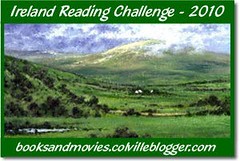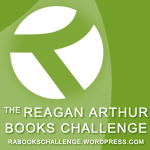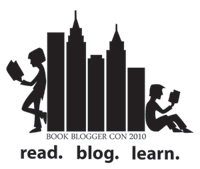I won’t even go into how many entrants or which numbers Random.org selected…frankly, I forget!
But here are the winners from all the recent giveaways:
Mariska won a signed copy of Government Girl by Stacy Parker Aab and a signed copy of Cleopatra’s Daughter by Michelle Moran.
Christine won Little Bird of Heaven by Joyce Carol Oates.
Jill of Rhapsody in Books won Gold Dust on His Shirt by Irene Howard.
Elizabeth won The Reluctant Widow by Georgette Heyer.
Michelle of su[shu] won Little Stories by Jeff Roberts.
Haley of The Life and Lies of an Inanimate Flying Object won Loving Mr. Darcy by Sharon Lathan.
Iliana of Bookgirl’s Nighstand won The Weight of Heaven by Thrity Umrigar
Carol won Pride and Prejudice and Zombies by Jane Austen and Seth Grahame-Smith and Sense and Sensibility and Sea Monsters by Jane Austen and Ben H. Winters.
I will mail out all these books shortly. Congrats to all of you, and thank you to all who entered.
FTC Disclosure: Clicking on title links or images will bring you to my Amazon Affiliate page; No purchase necessary.














